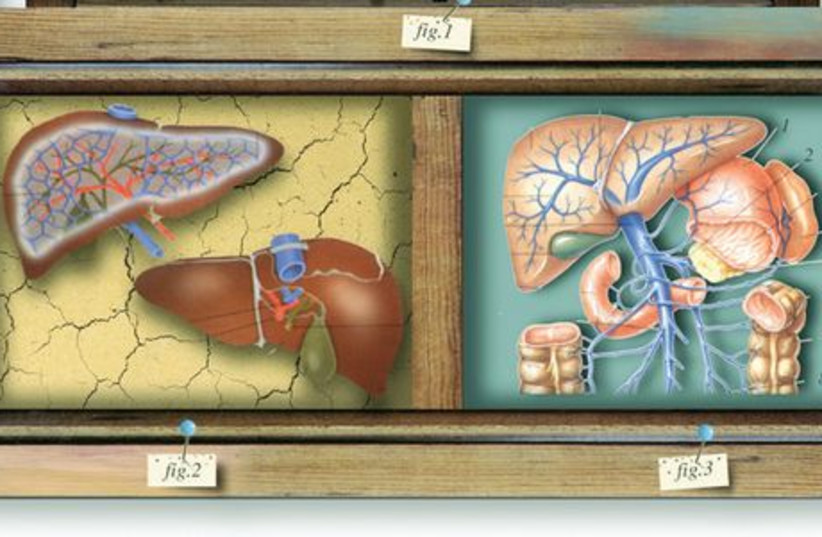Rising temperatures around the world triggered by global climate change is set to cause major catastrophic damage to the planet, but even if measures are put in place to reduce greenhouse gas emissions, one thing seemingly can't be stopped: Increasing cases of kidney stones.
According to a new study by researchers from Children's Hospital of Philadelphia (CHOP), the findings of which were published in the peer-reviewed academic journal Scientific Reports, the consequences of climate change will certainly cause kidney stones to become more frequent. While it is possible to take steps to limit greenhouse gas emissions and that could help mitigate this rise in cases, there will be some form of increase no matter what is done.
Kidney stones are an incredibly painful condition caused by mineral deposits developing in urine. These stones cause severe discomfort, especially when they pass through the urinary tract while relieving oneself.
Over the past 20 years, kidney stone cases have been on the rise, especially among women and teenagers. The researchers now think that climate change will make this even worse.
But why is that?

Previous studies have highlighted that high temperatures raise the risk of kidney stones, with considerable evidence supporting this claim. For one thing, they are known to be more prevalent in warmer months, with the increase of kidney stones in the US shown to be from North to South.
But how do rising temperatures actually cause this?
Scientists aren't sure, but the researchers behind this study have noted one possible means. Essentially, hotter temperatures mean that more water is evaporated. This means that in people, urine becomes more concentrated as the water evaporates. This concentrated urine would be an ideal environment for calcium, oxalate, phosphates and uric acid to be christalized, thus forming stones. Exactly how this process happens is still unclear, however.
SO HOW do we know for sure that climate change will make kidney stones more prevalent – and how bad will it be?
While prior studies have shown a link between high temperatures and kidney stones, the exact way in which rising temperatures due to climate change would aggravate them hasn't been explored much until now.
As a result, the researchers decided to create a model to predict how these rising temperatures will impact kidney stones.
The model was centered on the US state of South Carolina. The reason for this choice was that the state is on the America's "kidney stone belt," a region in the Southeast with a notably higher rate of kidney stones. As such, the researchers were able to predict the rising temperature's impact on kidney stone rates in a state already dealing with a high rate to begin with.
This model had the team link statewide average temperatures from 1997 to 2014, then use the wet-bulb temperature (WBT) metric to account for ambient heat and humidity. After that, they formed a link to kidney stone predictions, and then used this data to forecast the number of heat-related kidney stones up until 2089.
Two scenarios were tested in this model. The first saw shifts to energy sources with lower greenhouse gas emissions, forest expansions and using carbon capture technology. Essentially, it is an intermediate future predicting a more moderate rise in temperature.
The second scenario was different, predicting greenhouse gas emissions largely being unrestricted or unchanged. This scenario saw a more severe rise in temperature.
The findings of the study saw that by 2089 in the first scenario, statewide kidney stone cases would increase by 2.2%. In the second scenario, that increase would be 3.9%.
But it isn't just the rise in cases that was predicted. The model also predicted the cost.
Overall, the baseline average cost of kidney stones per patient was over $9,000. If that went up by 2.2%, the total cost of these new cases would be $56.6 million. For the 3.9% rise, that toll rises to a whopping $99.4 million. And this only covers the state of South Carolina. These numbers would be much higher when taking into account the rest of the region - and the world.
This, in turn, will place significant pressure on already struggling healthcare systems.
“With climate change, we don’t often talk about the impact on human health... but a warming planet will have significant effects on human health,” senior author Gregory E. Tasian, MD, MSc, MSCE and a CHOP Division of Urology attending pediatric urologist said in a statement.
“As pediatric researchers, we have a duty to explore the burden of climate change on human health, as the children of today will be living this reality in the future.”
